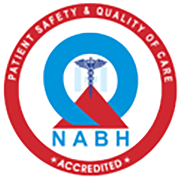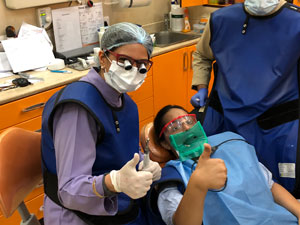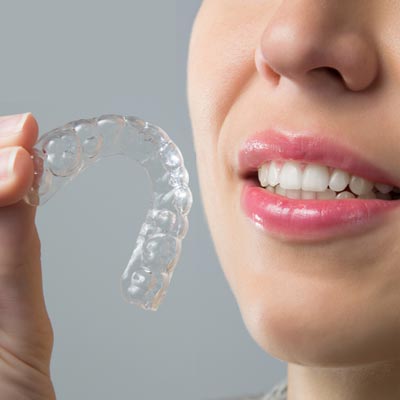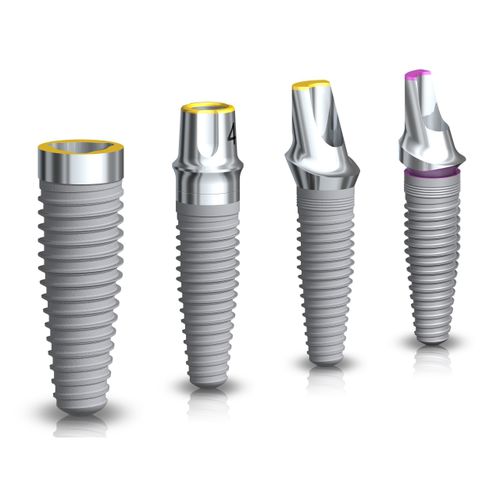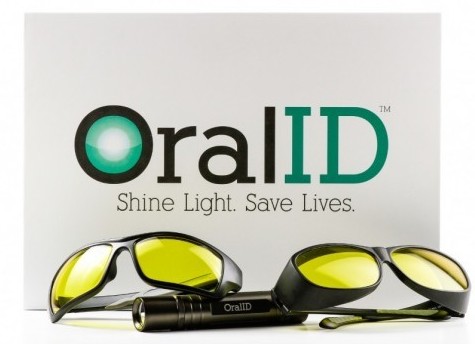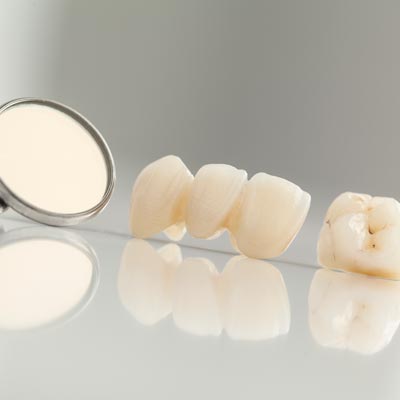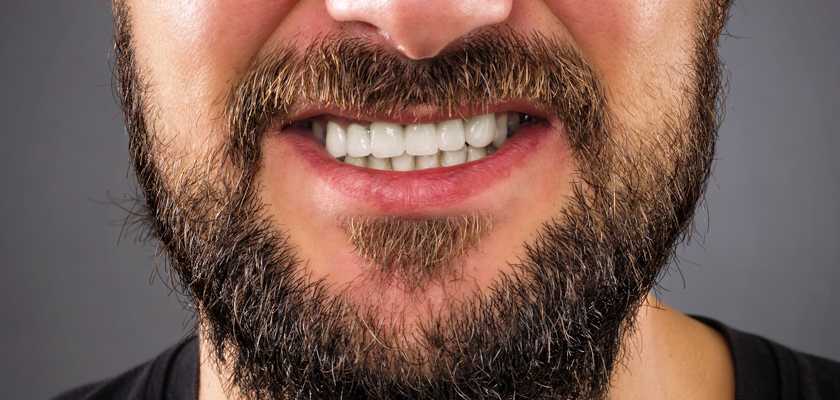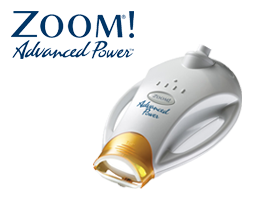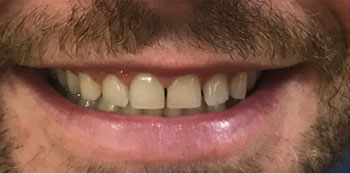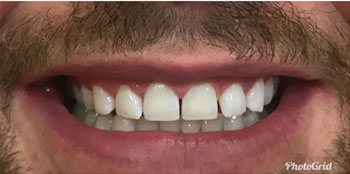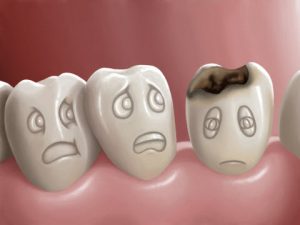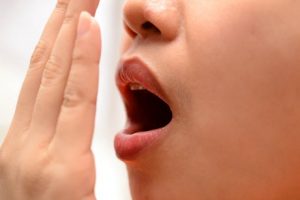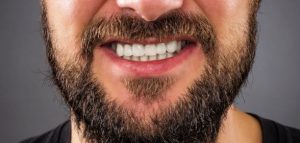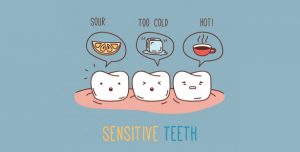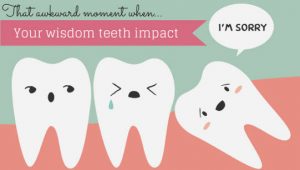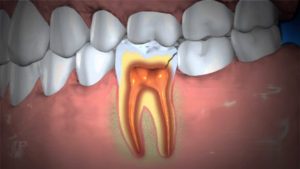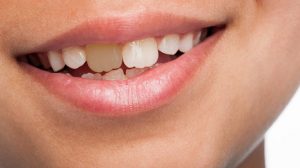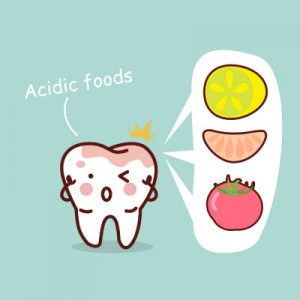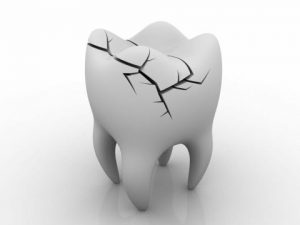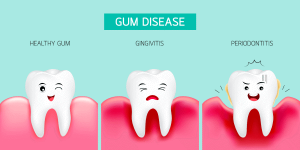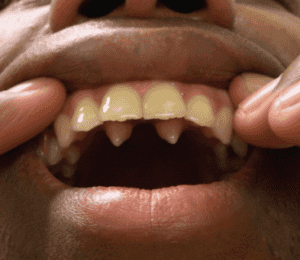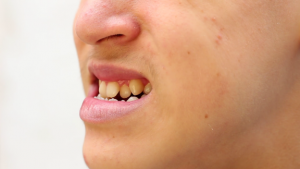If you want to get an instant smile makeover then you can opt for dental veneers. However, very few people know about this procedure.
Here’s what you need to learn about dental veneers.
Dental Veneers
Dental Veneers refer to the shells or covers that are customized to fit the patient’s teeth. The shells cover the front surface of teeth so as to improve their appearance by preventing them from stains. Dental veneers can be used as is a placement for dental crowns. The treatment is permanent and can enhance your smile instantly. The dental veneers are made from small pieces of porcelain. Therefore, they are also called porcelain veneers.
The purpose and advantages of Porcelain Veneers
The purpose of dental veneers is to straighten teeth by hiding masking irregularities of teeth, to repair chipped or broken teeth, to close the gap between teeth, to hide stains and to improve the alignment of teeth. However, dental veneers cannot be used for replacing missing teeth or to treat crooked teeth.
The porcelain veneers are durable therefore they last for long. They are hard to get stained and have a natural-looking appearance. The porcelain veneers are wear-resistant therefore they can easily last between 10 to 20 years. They require less follow up procedures.
The disadvantages and maintenance of Dental Veneers
Since some of the enamel has been removed; the patient may experience discomfort or sensitivity for a few days. If the procedure is done carefully and the bonding is weak then the veneer may start to chip off. In addition to this, getting veneers do not eliminate the risk of developing cavities. If the patient does not maintain good oral hygiene then he/she can still develop cavities with dental veneers.
Porcelain veneers do not require special cleaning. It is easy to maintain porcelain veneers with good oral hygiene. The patient needs to brush and floss his/her teeth regularly. It is best to use non-abrasive fluoride toothpaste. In addition to this, the patient should take precaution and avoid biting nails and chewing hard objects like pen, pencil, and ice etc. It’s because the veneers can tend to break or chip off under pressure.
The procedure for Porcelain Veneers
The dentist first removes a small amount of enamel to reshape teeth. After this, the dentist sends an impression of teeth to the lab. The impression is used to customize shell for teeth. Once the shell is ready, the dentist will place it on the teeth and bond it to teeth.
 Australia No
Australia No Canada No
Canada No India Toll Free No
India Toll Free No UK No
UK No USA No
USA No



